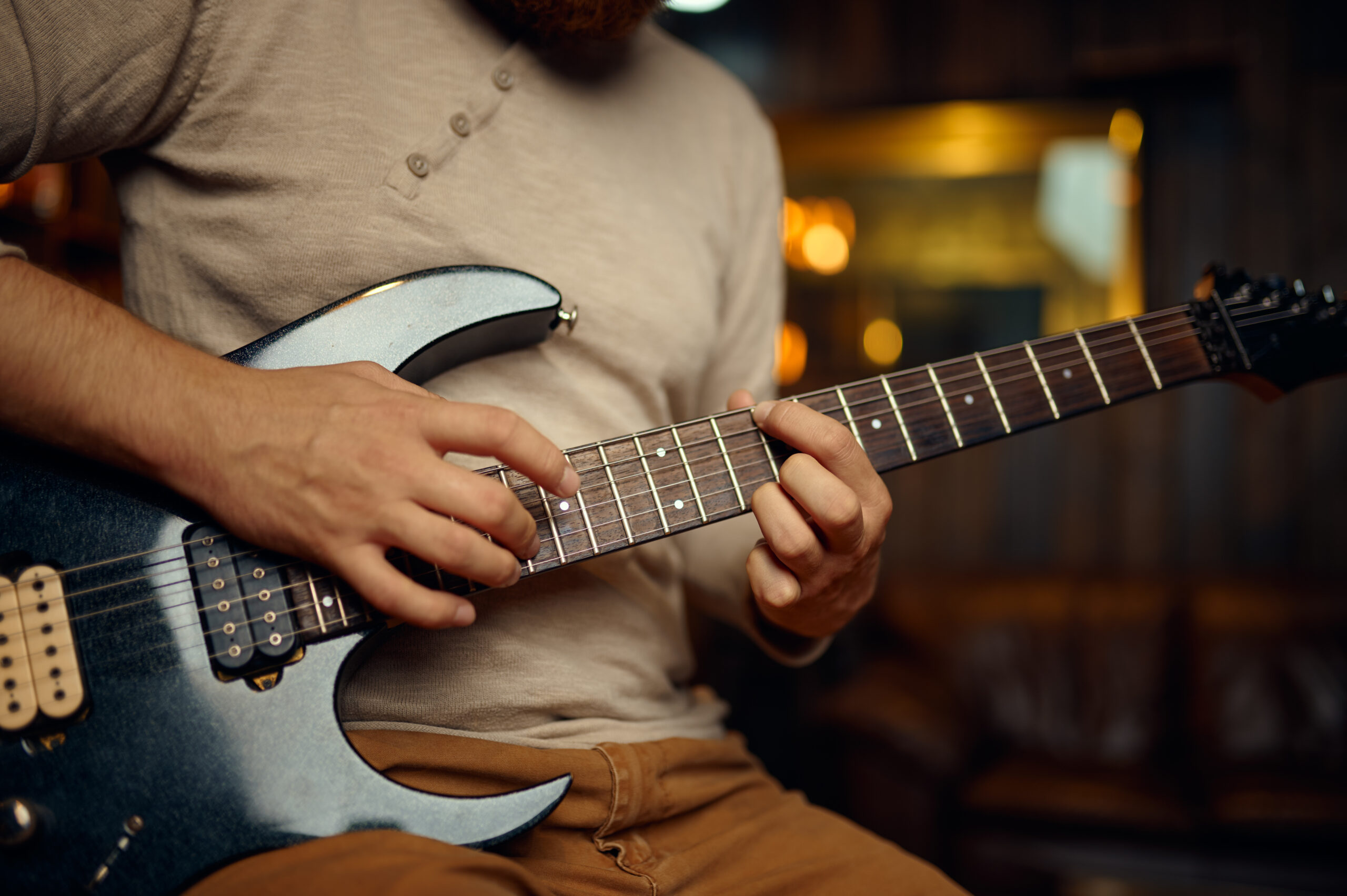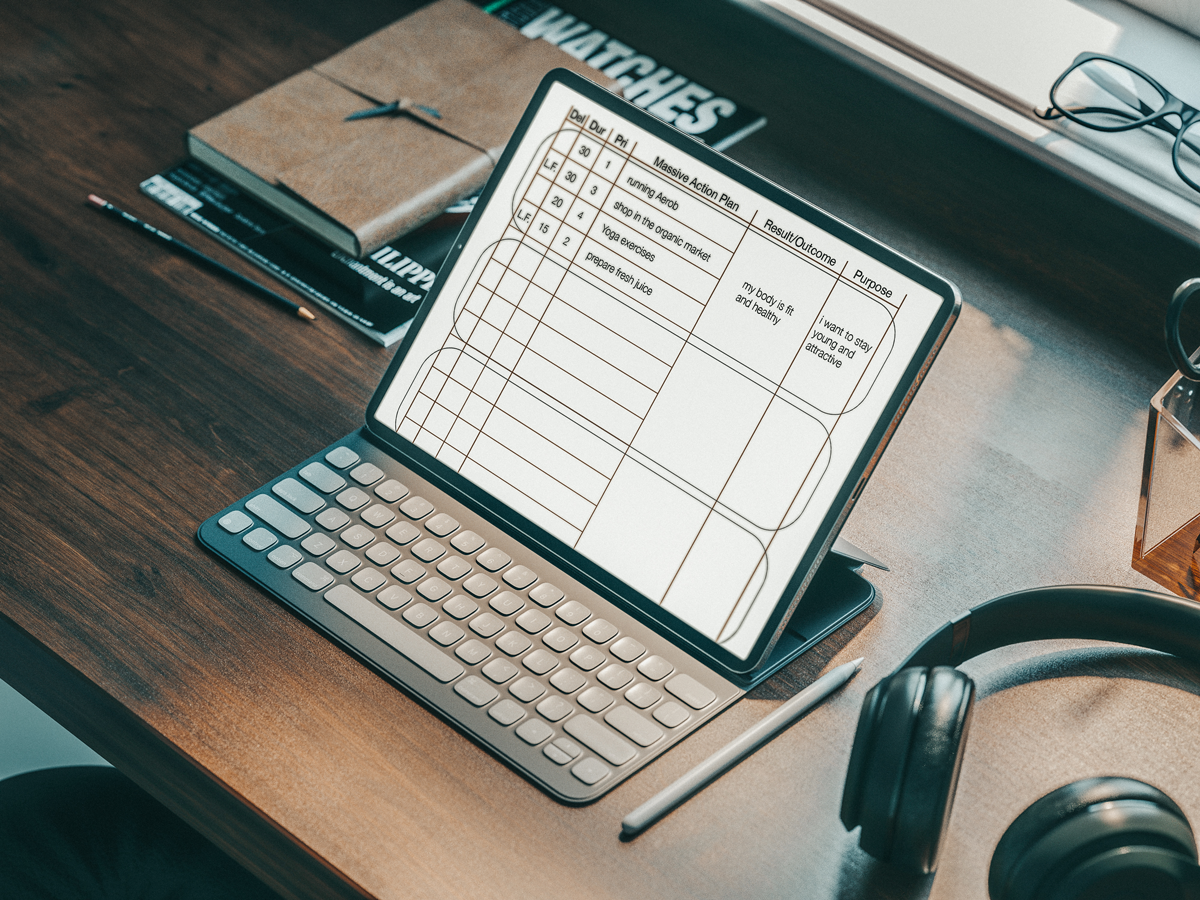What does it mean to spend our time well?
Latest Posts • January 15, 2018

“What does it mean to spend our time well?” Tristan asks at the beginning of his TED talk “How better tech could protect us from distraction.”
Tristan Harris is a former Google employee who now runs an initiative called Time Well Spent, which advocates that software and websites be designed to help people make good use of their digital time and not to capture as much attention as possible.
Have we, with the development of the iPhone, lost control of our time? In a recent article in the Globe and Mail, Eric Andrew-Gee writes “It’s there, cold and hard, in a growing body of research by psychiatrists, neuroscientists, marketers and public health experts. What these people say – and what their research shows – is that smartphones are causing real damage to our minds and relationships…”
Smartphones:
shorten our attention span
reduce our brain power
cause declines in work-life balance and
rob hours of family-time
have impaired our ability to remember
make it more difficult to daydream and think creatively
make us more vulnerable to anxiety
make parents ignore their children and
they are addictive, if not in the contested clinical sense then for all intense and purposes.
In The Guardian, Paul Lewis writes that they do this by “exploiting the same psychological vulnerability as slot machines: variable rewards.” It was B.F. Skinner who first studied the effect of variable rewards in his experiments with pigeons.
And more recent experiments show that variable rewards trigger a burst of dopamine in the brain, which pushes us to feverishly, push, tab and scroll.
The addictive potential is highest when the reward varies, meaning when it’s sometimes bigger or smaller. It works just as well with smartphones as it does with slot machines, only that in the former we check how many messages we have, how many emails, likes etc.
It’s the possibility of disappointment, this suspense of not knowing whether we’ll discover an interesting email, an avalanche of “likes,” or nothing at all that makes smartphones so compulsive and seduces us to check them up to 150 times a day.
For just for a few minutes, we think, and visit YouTube, Facebook, Twitter and Co. only to find ourselves still looking for new rewards hours later.
“Add it all up,” Lewis writes, “and North American users spend somewhere between three and five hours a day looking at their smartphones.” Over the course of an average lifetime, this amounts to about seven years.
Seven years! That doesn’t seem right, does it?
Thinking of the 10,000 Hours Rule, this is the amount of time that we would need to become a world-class musician – at least if we practiced between 3 and 4 hours a day. (The 10,000-hour rule states that you can you succeed at anything with enough practice, in Malcolm Gladwell, “High flyer: Why some people are successful – and others are not.”)
Also, practicing music not only makes you better at your instrument but it also positively affects almost all areas of life and skills.
In a meta-study, Susan Hallam, a professor of education and music psychology at the University of London, studied these effects.
In the following, I would like to compare Hallam’s positive effects of music making with the negative effects of excessive smartphones.
Smartphones
… shorten our attention span. Music extends our attention span, especially when played in groups. Changes in the neocortex of musicians have been found (more self-control).
… reduce our brain power. Through music, we develop enhanced auditory, language skills and literacy skills. For example, learning to read notation has a positive effect on learning to read text. The long-term auditory memory and visual memory improves. Musical training positively influences learning mathematics.
… cause declines in work-life balance and rob hours of family time. Playing music in groups has positive effects on social awareness and social skills. Promotes empathy and social intelligence.
… make it more difficult to daydream and think creatively. Music promotes creativity, especially when music making is creative, e.g. improvisation.
… make us more vulnerable to anxiety. Music has a positive effect on physical health and well-being. People from different backgrounds and ages experience benefits to their emotional and physical well-being with an increased sense of self-worth, enhanced social skills and wider social networks.
One thing is for sure, I’m going to spend less time on my smartphone this year! For now, that means putting it away or switching it off.




Leave A Comment